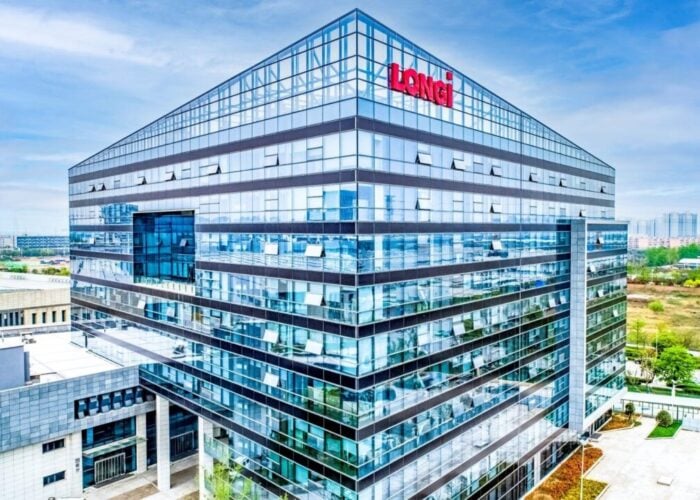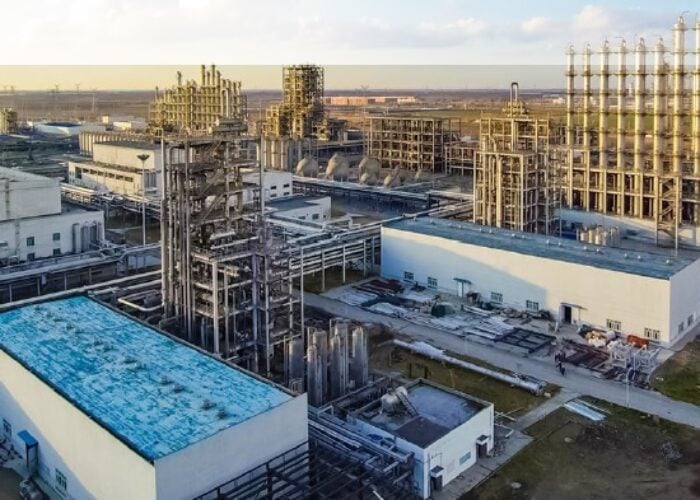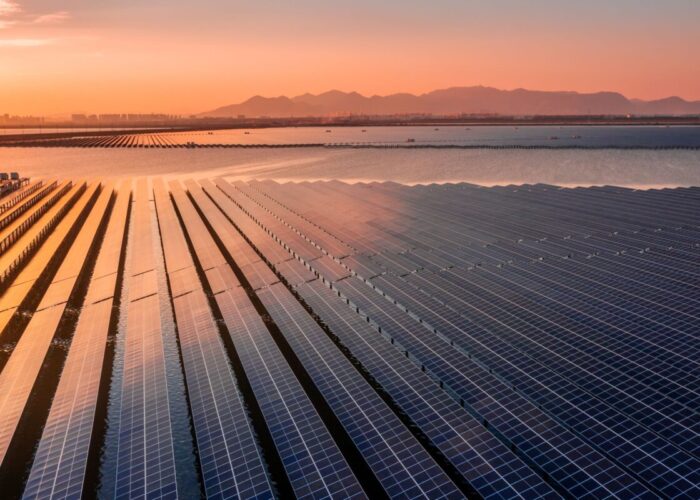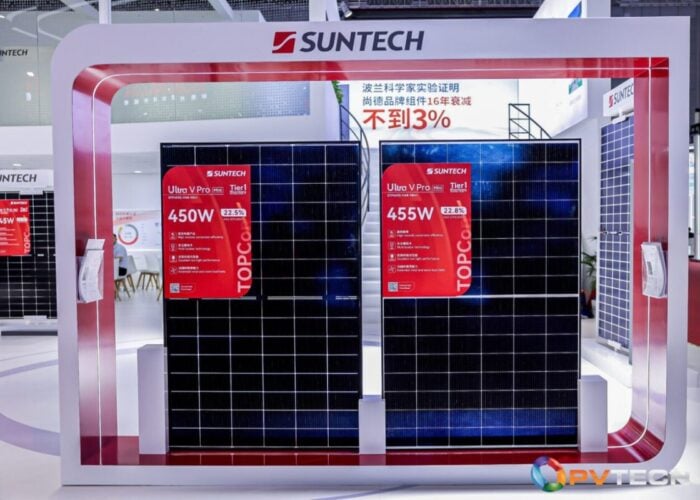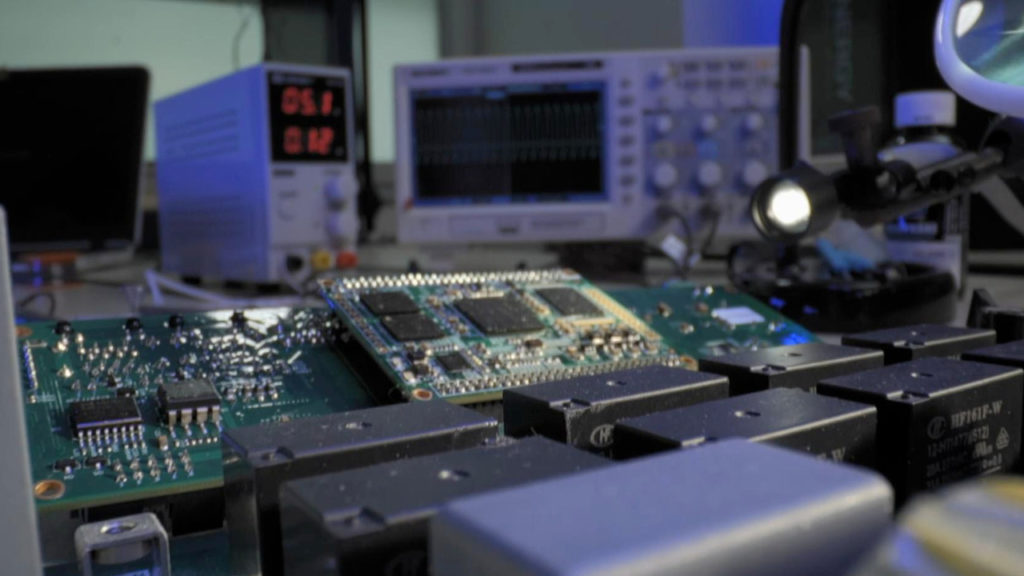
The European Solar Manufacturing Council (ESMC) has called for greater efforts to tighten inverter cyber- and data security.
Published in a recommendation paper on the implementation of the European Union’s Net Zero Industries Act (NZIA), the manufacturing association wrote, “We foresee that more work needs to be done on the issue of cyber- and data security,” highlighting the importance of inverters in controlling the entire PV system.
Unlock unlimited access for 12 whole months of distinctive global analysis
Photovoltaics International is now included.
- Regular insight and analysis of the industry’s biggest developments
- In-depth interviews with the industry’s leading figures
- Unlimited digital access to the PV Tech Power journal catalogue
- Unlimited digital access to the Photovoltaics International journal catalogue
- Access to more than 1,000 technical papers
- Discounts on Solar Media’s portfolio of events, in-person and virtual
With an estimated 80% of inverters installed in Europe coming from China, the ESMC said that, in a worst-case scenario, a conflict with China could lead to inverters being attacked and causing blackouts. To mitigate this possibility, it suggests procuring inverters from European companies rather Chinese ones.
Similarly, the ESMC suggests that in order to reduce Europe’s dependence on a third country for more than half of a certain technology, it should include capacity produced outside its borders too. Companies with capacity produced outside of its national borders, but still controlled by that company, should be considered in the total of the country of origin.
Although not directly mentioned in the report, this could affect Chinese companies which have built manufacturing plants in Southeast Asia.
Another recommendation from the report concerns the importance of traceability and access to reliable and verified data to avoid any green and whitewashing of products.
Implementing NZIA in early 2025
The current timeframe for each member states to adapt their support schemes according to the NZIA would set it to October 2025, at the latest. The ESMC calls to adopt the NZIA implementation much sooner than allowed, stating as early as in 2025, for the most ambitious member states. Thus allowing to increase business opportunities and better predictability.
The ESMC adds that, in line with the agreement in the European Solar Charter, regular dialogues between policymakers, manufacturers and member states would ensure that regulation and investment go hand to hand. “eligibility/pre-qualification and award or bonus criteria presented in this document have to be implemented by member state after discussion with national EU manufacturers in order to match the production capacity.”
“With adequate criteria for resilience, sustainability and worker’s rights, auctions have the potential to serve as a crucial instrument in reshoring of solar manufacturing to Europe,” said Vincent Delporte, head of public affairs at Holosolis and responsible for the NZIA criteria in the ESMC sustainability working group.
This is an important aspect to consider, given that the International Energy Agency estimates that public auctions will account for 70% of Europe’s renewable capacity growth between 2023 and 2028. The report highlights that: “Leveraging auctions of solar PV products with criteria that clearly benefit European-made solar PV will be essential in the pursuit of rebuilding that ecosystem.”
Criteria must be technology-agnostic
Moreover, the ESMC recommends that the technological criteria be agnostic and not focus exclusively on silicon-based solar modules but also include other routes, such as thin-film PV.
In terms of criteria related to the country of origin, the ESMC calls on the European Commission to provide “ a clear definition of the country of origin to avoid circumvention.”
According to the ESMC, due to cyber- and data security risks, procurement of European-made inverters should be favoured over Chinese-made ones.
It also suggests including carbon footprint as an award or eligibility criteria, along with other criteria, to help achieve the 40% target of domestically produced PV capacity by 2030. Suggesting the inclusion of mandatory information points for the location of magnesium silicon (Mg-Si) and polysilicon production.
The full recommendation paper from the ESMC can be accessed on its website.



